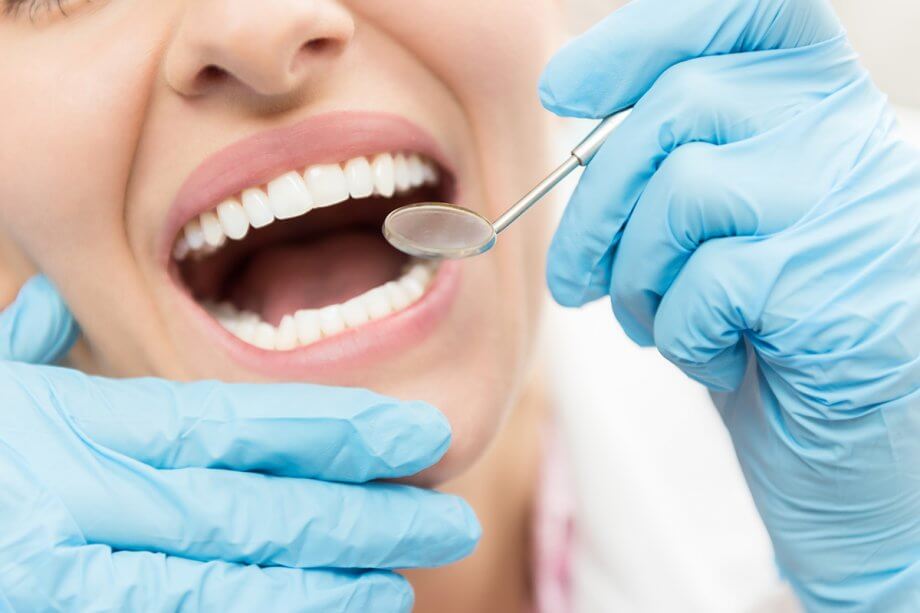Dry mouth can be uncomfortable and lead to other oral health issues. It affects eating, speaking, and even sleeping. A general dentist can offer simple solutions to manage this condition. From using the right toothpaste to staying hydrated, these strategies help keep your mouth moist and healthy. It’s important to address dry mouth to prevent further complications, such as gum disease or lisle dental implants. Let’s explore some practical steps to manage dry mouth effectively.
Understanding Dry Mouth
Dry mouth, or xerostomia, happens when the salivary glands don’t produce enough saliva. This can result from various factors, including medication, medical treatments, or lifestyle choices. Saliva is crucial because it helps wash away food particles, neutralizes acids, and provides disease-fighting substances throughout the mouth.
Common Causes of Dry Mouth
- Medications: Many prescription and over-the-counter drugs can cause dry mouth. Common culprits include antihistamines, decongestants, and antidepressants.
- Aging: As we age, the ability to produce saliva can decrease.
- Tobacco and Alcohol Use: These can irritate and dry out the mouth.
Managing Dry Mouth
Here are three effective strategies to manage dry mouth:
- Stay Hydrated: Drinking water regularly helps keep the mouth moist. It also aids in digestion and nutrient absorption.
- Chew Sugar-Free Gum: Stimulating saliva production is key. Chewing gum or sucking on sugar-free candies can help.
- Use a Humidifier: Adding moisture to the air can prevent dryness, especially at night.
Choosing the Right Products
When dealing with dry mouth, selecting suitable oral care products is important. Opt for alcohol-free mouthwashes and fluoride toothpaste designed for dry mouth. Some products contain ingredients like xylitol or aloe vera, which can help soothe and moisturize the mouth.
Product Comparison Table
| Product | Alcohol-Free | Contains Xylitol | Fluoride |
| Product A | Yes | Yes | Yes |
| Product B | No | No | Yes |
| Product C | Yes | Yes | No |
The Role of Diet
Diet plays a significant role in managing dry mouth. Include these in your diet:
- High-water content foods like cucumbers and watermelon.
- Foods rich in fiber, which require more chewing and thus stimulate saliva.
Avoid acidic or spicy foods, which can irritate the mouth. Limit caffeine and alcohol intake as well.
Consultation and Regular Check-Ups
A dentist can help identify the root cause of dry mouth and recommend tailored treatments. Regular dental check-ups are crucial in monitoring oral health. They can also suggest effective treatments or medications.
When to Seek Professional Help
If dry mouth persists despite these efforts, it may be time to consult a healthcare professional. They can assess for underlying conditions and provide additional support.
Addressing dry mouth early can prevent problems and enhance quality of life. Stay proactive in managing your oral health for overall well-being.



